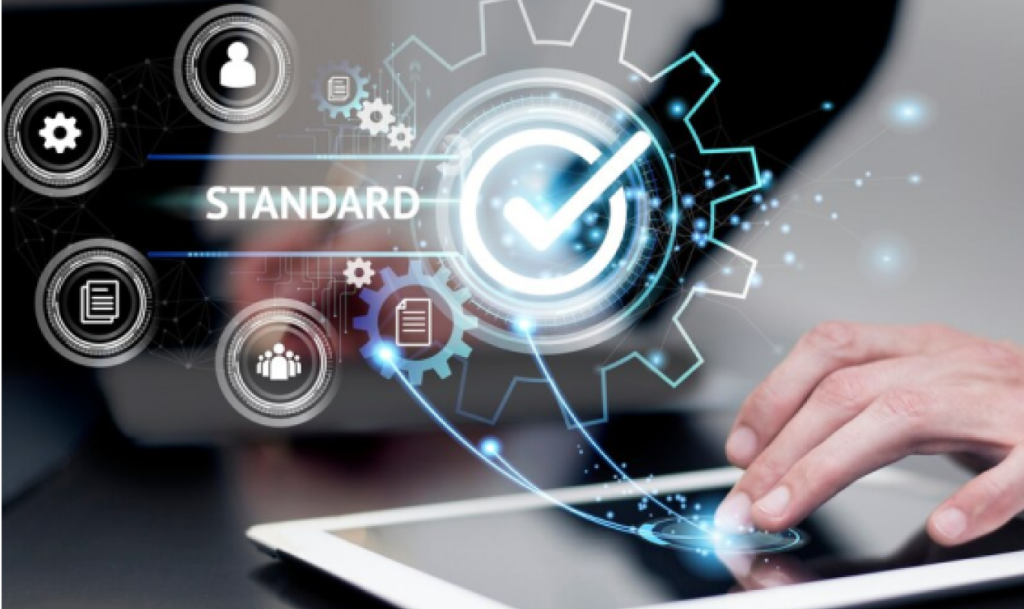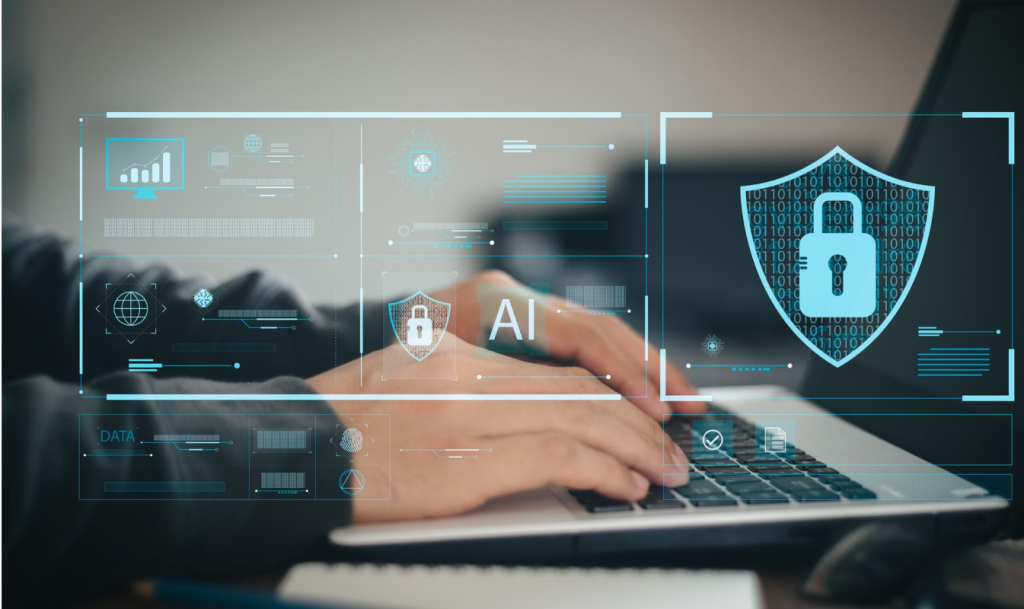Home / Blogs / Busines Application
5 Innovative Industry-Specific Business
Applications of Gen AI You Need to Know in 2024
Ready for a Cloud Revolution? Let Our Experts Design a Fail-Proof Strategy for Your Success!
Moving beyond the realm of experimentation, Generative AI (Gen AI) has now become a transformative tool for businesses of various industries. With advancements in natural language processing, deep learning, and neural networks, Gen AI is enabling businesses to innovate in ways we couldn’t have imagined. In 2024, the focus has shifted from theoretical possibilities to practical applications that are driving real-world impacts across industries like healthcare, finance, education, e-commerce, and manufacturing.
Let’s discuss the some of the most important innovative business applications of Gen AI that are shaping the future of these sectors.
Healthcare: AI-driven Diagnostics and Personalized Medicine
One of the most groundbreaking applications of Gen AI in the healthcare sector is its ability to assist in medical diagnostics and treatment personalization. Traditional AI tools have already shown promise in reading medical images or predicting patient outcomes, but Gen AI takes this further by generating detailed diagnostic suggestions and even formulating potential treatment plans based on an individual’s unique medical history and genetic profile.
For instance, Gen AI models are being trained to analyze genomic data alongside patient symptoms to suggest personalized treatments. Companies like Tempus and Deep Genomics are leading this innovation, using Gen AI to predict how specific genetic mutations respond to different drug therapies. The AI system evaluates terabytes of genetic data, generates hypotheses about possible patient responses, and helps doctors make more precise treatment decisions.
Finance: Improved Fraud Detection and Risk Management with GenAI
Gen AI is revolutionizing how banking and finance companies detect fraud and manage risks. Traditional rule-based systems can flag suspicious transactions but often lead to high false-positive rates, which is both inefficient and costly. Gen AI, can dynamically generate patterns and models that adapt to new fraud tactics as they emerge, making it far more effective at catching complex fraudulent activities.
For example, At Citibank, Gen AI plays a critical role in managing risk in their credit card division. They have deployed AI systems that generate real-time insights into customer spending behaviors, identifying potential risks such as defaulting customers or fraudulent card usage. Citibank’s generative models adjust risk scores in real time, helping the bank prevent fraud and reduce credit losses by predicting risky behavior based on both historical data and real-time events.
Education: Personalized Learning Pathways
The education sector is also witnessing a drastic shift with the integration of Gen AI into personalized learning. While online learning platforms have existed for years, Gen AI is now generating individualized learning pathways for students, creating customized content, assessments, and even tutoring experiences based on a learner’s unique strengths, weaknesses, and progress.
Today, Edutech companies offer Gen AI models for creating adaptive learning programs. These systems generate personalized educational materials for students after analyzing their past performance, learning pace, and preferred learning style. It can even simulate one-on-one tutoring by generating practice questions that challenge the student’s weak areas while reinforcing their strengths.
E-commerce: AI-Powered Customer Experience and Content Creation
The e-commerce industry is perhaps one of the most active adopters of Gen AI, leveraging it to transform the customer experience and optimize product offerings. One of the most practical and impactful applications is in AI-generated product recommendations and dynamic content creation.
Amazon and Shopify are pioneering the use of Gen AI to enhance recommendation engines. These models don’t just use past purchase data to suggest items; they generate recommendations by analyzing nuanced patterns in user behavior, browsing habits, and even current trends. The AI models continuously evolve and generate personalized shopping experiences in real time, making each customer’s journey through the website unique and highly relevant.
Manufacturing: Generative Design and Predictive Maintenance
In the manufacturing sector, Gen AI is making waves by generating critical designs in seconds and predicting maintenance solutions. These applications are driving efficiency, reducing costs, and increasing innovation in product development and factory operations.
One of the most promising applications is generative design, where AI generates thousands of design iterations for a product based on specific constraints, such as weight, material, strength, and cost. Automotive manufacturers like General Motors and Airbus have already begun implementing generative design tools, allowing them to explore innovative designs that would be impossible for human engineers to create alone. The AI generates design suggestions based on functional requirements and then refines them through simulations, resulting in lightweight, optimized, and cost-effective components.
Wrapping UP
The transformative power of Generative AI is becoming increasingly evident across multiple sectors, with 2024 poised to be a breakthrough year for its application in business. From revolutionizing healthcare diagnostics to generating personalized e-commerce experiences, Gen AI is driving significant innovations that are reshaping industries. These specific applications demonstrate how businesses can harness the power of Gen AI to gain a competitive edge, improve efficiency, and offer more personalized, valuable services to customers.





 +91-9154904675
+91-9154904675